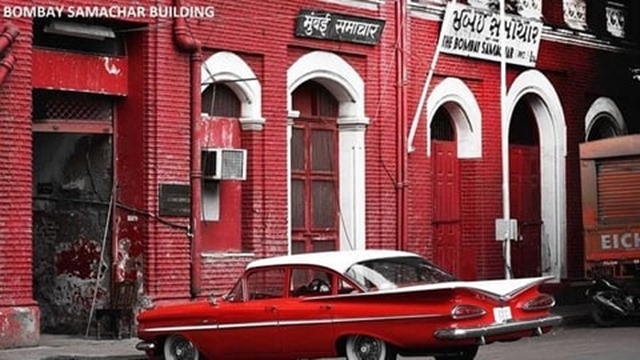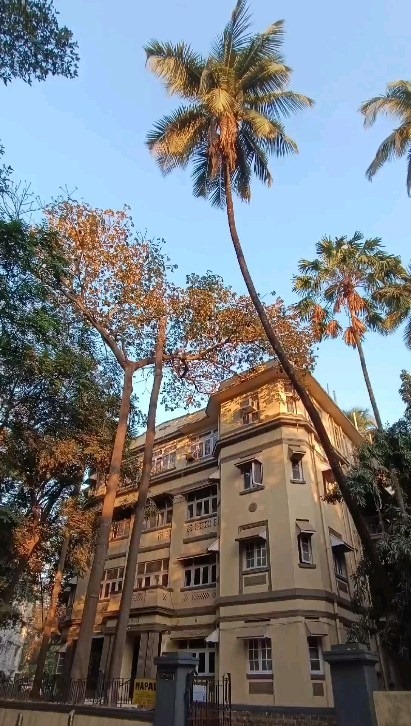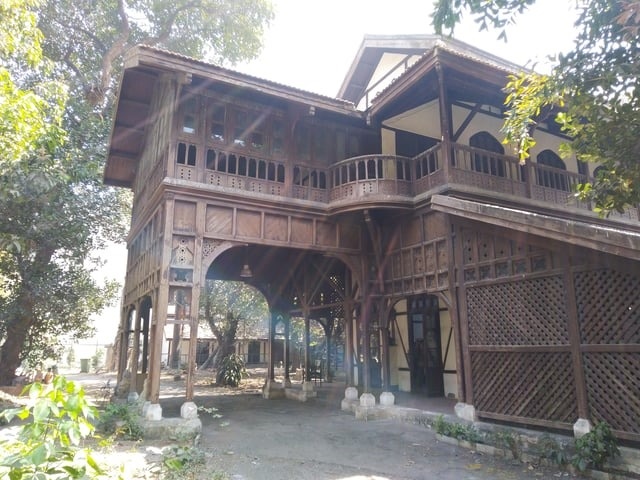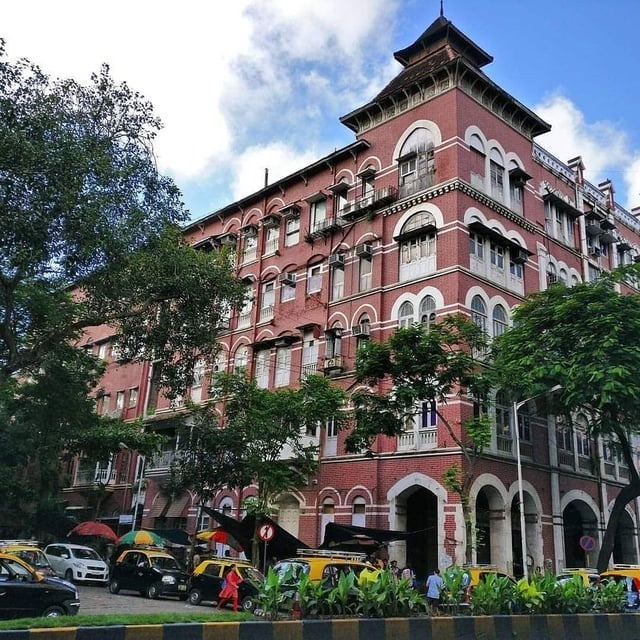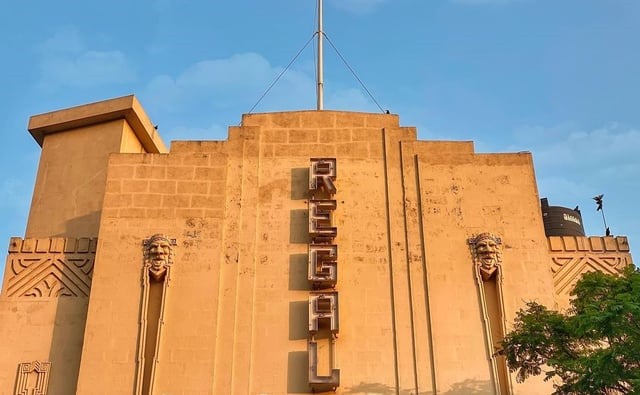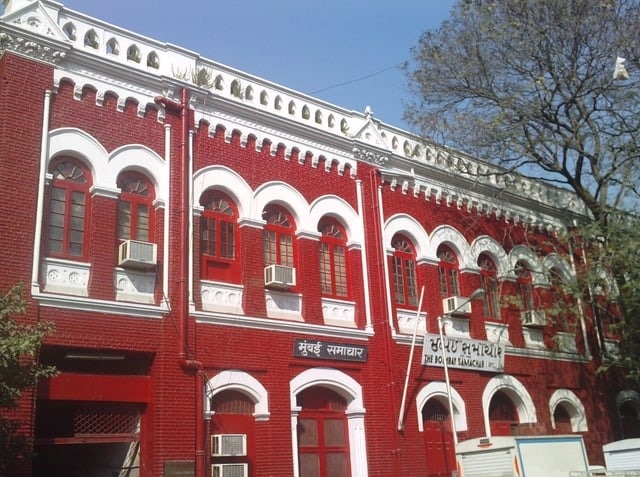City Finds: A Look At The Best Of Mumbai’s Parsi Architecture
During the 17th century, the Parsis established themselves in Bombay, where they achieved notable prominence. Their rich culture left a lasting impact on numerous early architectural marvels in the city that you can explore
The Mumbai Samachar building Instucen/Facebook
Article by Laavni Kumar | Outlook Traveller
Mumbai, or Bombay, as previously known, is a dynamic city. People come here to achieve big dreams to create a life for themselves, and that process is tumultuous. Another way in which Mumbai is vibrant is because the various communities, societies and ways of living exist in the same urban fabric. Within the day-to-day life, the restaurants, the religions, and the buildings, you see hints of all those who made Mumbai this dynamic, magnificent city of dreams. One community that is said to have made the ‘Bombay’ as it is today is the Parsi community.
The settlement of the Parsi community in Bombay dates back to the 17th century when many different communities, including the Parsis, were brought in to increase mercantile and trade. Over the next two centuries, Paris exerted their influence and became one of the most influential communities in Bombay. In this force, many buildings made in the initial stages of Bombay’s development have been greatly influenced by the Parsi culture and the prominent figures of this community. Here is a look at a few of the iconic Parsi structures in Bombay.
Dadar Parsi Colony dadarparsicolony_dpc/Instagram
Dadar Parsi Colony
This colony was established after the Bubonic Plague in the 1920s to respond to the need to develop healthier, hygienic living areas in Dadar and Matunga. Under the British, the initiative to create these colonies for middle-class Parsis was taken by Mancherji Edulji Joshi. It is renowned for its open-plan regulations that limit the height of buildings, centred around five gardens and connected by winding, well-paved roads. Sanitation, green zones, and mixed land use are all heavily weighted in the planning. The arrangement results from careful research into both urban design and the customs and dynamics of the neighbourhood. This colony also has must-visit places like the Della Tower and Yazdani Restaurant And Bakery.
Kipling Bungalow within the campus of SIr JJ College of Architecture Wikimedia Commons
Sir JJ College of Architecture
Asia’s first architecture institute, Sir JJ College of Architecture, created by Sir Jamsetjee Jeejebhoy in 1913, is also iconic. This college, located on Dadabhai Naoroji Road, has two buildings designed by George Wittet—the Scottish architect who also designed the Gateway of India. It has mezzanine flooring and sloped roofs.
Navsari building in MumbaiGuptenchi Photography/Facebook
Navsari Building
Located on DN road, the Navsari building, once owned by the Tatas, was bought over by the Kotak industrialists family in 1928. This building captures attention due to its old-world charm and red facade. It also houses one of the oldest lifts in Mumbai today. Despite the technological advancements in the outside world, that lift still works and has woodwork and intricate detailing. It derives its name from the hometown of the Tatas in Gujarat, Navsari.
Regal Cinema humayunnpeerzaada_photography/Instagram
Regal Cinema
True to its name, Regal Cinema stands tall and grand on the Colaba causeway. It was created by Charles Stevens, whose father, F.W. Stevens, is best known for designing the Chhatrapati Shivaji Terminus. This art-deco movie theatre was chosen as the third location to host the Filmfare Awards. The main auditorium has a grand yet humble appearance because of the pale orange and jade green sunray pattern. The interiors are more angular, with mirrored lobbies created by the Czech artist Karl Schara. With simplicity in its centre, Regal Cinema’s balcony did not have any pillars and was one entire piece, as it looks at a screen which is 50 feet in length and 22 feet in height.
Bombay Samachar Building Wikimedia Commons
Mumbai Samachar
The Bombay Samachar (now known as Mumbai Samachar) building is located in one of Mumbai’s most stylish and bustling spots, among several other iconic and old buildings. The Bombay Samachar, Asia’s oldest continuously published newspaper, was established by priest and journalist Fardoonji Murazban to support India’s independence movement. Hormusji Nusserwanji Cama is the newspaper’s current editor and the owner of the maroon Chevy Bel that you will see as you pass the famous structure.

